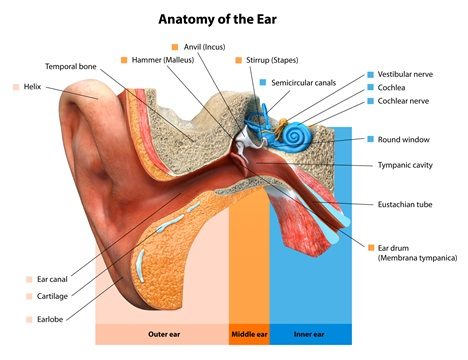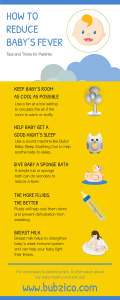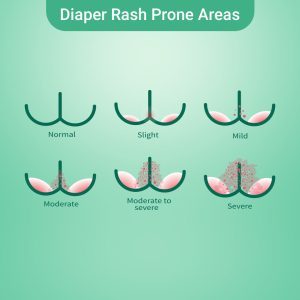Signs of ear infection in a breastfed baby include pulling at the ear, crying or fussiness, fever, and loss of appetite. Ear infections are common in babies, and it is important to recognize the signs early on to prevent complications.
We will discuss the causes, symptoms, and treatment options for ear infections in breastfed babies. We will also provide tips on how to prevent ear infections and when to seek medical attention. It is essential for parents and caregivers to know how to identify and manage ear infections in infants to ensure their well-being and development.
Understanding Ear Infections In Breastfed Babies
Ear infections in breastfed babies may present through signs like tugging ears, irritability, and fever. Keeping an eye on these symptoms can help parents promptly address any potential issues. Prompt medical attention is essential to ensure the baby’s health and well-being.
Understanding Ear Infections in Breastfed Babies Ear infections are a common concern for parents of breastfed infants. Understanding the signs and symptoms of ear infections in breastfed babies is crucial for early detection and prompt treatment. In this section, we will explore the causes of ear infections and the prevalence of these infections in breastfed babies.
Causes Of Ear Infections, Signs of ear infection
Ear infections in breastfed babies can be caused by various factors such as exposure to germs from older siblings, daycare, or other children. Additionally, allergies, sinus infections, and smoke exposure can also contribute to the development of ear infections in breastfed infants. The anatomy of a baby’s Eustachian tube, which is shorter and more horizontal than in adults, can also make them more susceptible to ear infections.
Prevalence In Breastfed Babies
It is important to note that breastfed babies have some level of protection against ear infections due to the antibodies and nutrients present in breast milk. However, despite this protection, ear infections can still occur in breastfed babies. According to research, breastfed babies may have a lower risk of developing ear infections compared to formula-fed babies. However, they are not entirely immune to this common childhood ailment. In conclusion, understanding the causes and prevalence of ear infections in breastfed babies is essential for parents and caregivers. By being aware of the potential risk factors and signs of ear infections, they can take the necessary steps to ensure the health and well-being of their breastfed infants.
Common Signs Of Ear Infection, Fussiness And Irritability
Babies with ear infections may display increased fussiness and irritability. They may cry more than usual and seem difficult to soothe. Their discomfort can lead to general irritability and a decreased interest in playtime.
Difficulty Sleeping
An ear infection can cause discomfort when lying down, leading to difficulty sleeping for breastfed babies. They may wake frequently during the night and have trouble falling asleep due to the pain and pressure in their ears.
Fever
A fever is a common sign of an ear infection in infants. If your breastfed baby has a temperature above 100.4°F (38°C), it could be an indication of an ear infection. Monitor their temperature and consult a healthcare professional if it remains elevated.
Tugging Or Pulling At Ears
Babies with ear infections may exhibit a tendency to tug or pull at their ears. This behavior can be a sign of discomfort and pain in the ear canal, indicating a possible infection. Keep an eye on this behavior and seek medical advice if it persists.
Lesser-known Symptoms To Watch For
Changes In Appetite
Breastfed babies with ear infections may show less interest in feeding, causing concern for mothers.
Fluid Draining From Ear
Fluid discharge from the ear can be a sign of an ear infection, indicating a possible ruptured eardrum.
Balance Issues
Dizziness or trouble balancing could be indicative of an ear infection impacting the inner ear.
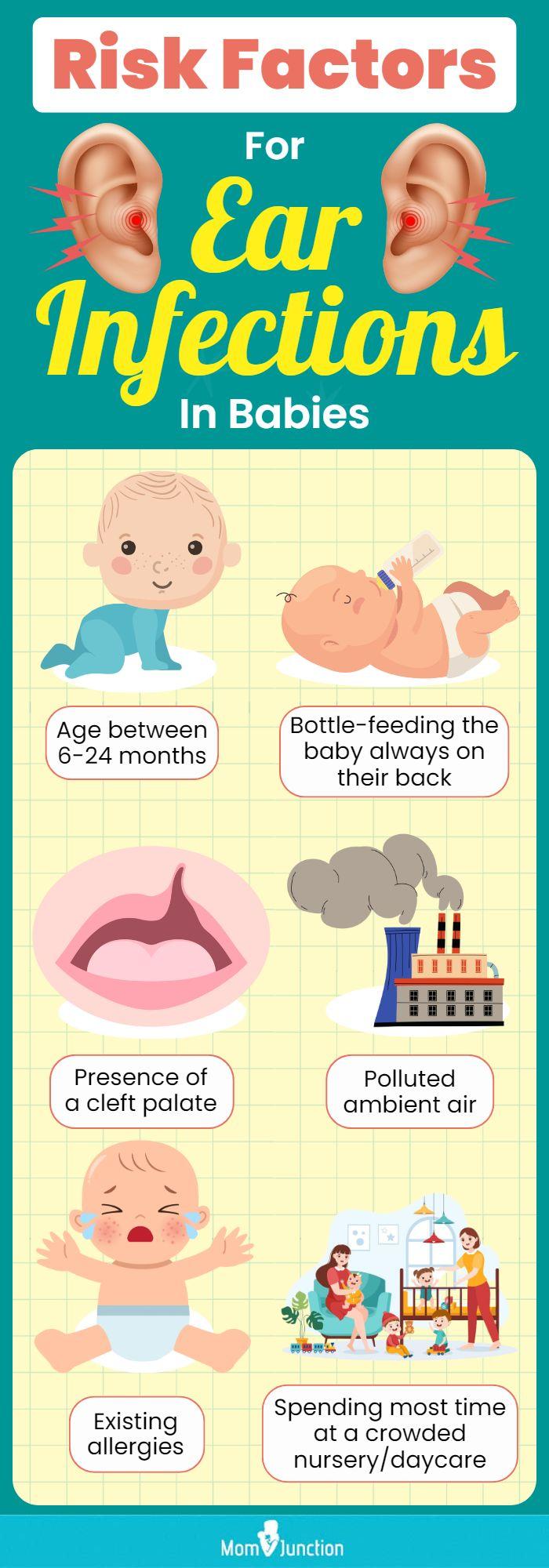
When To Seek Medical Help
Knowing when to seek medical help for signs of an ear infection in a breastfed baby is crucial for their well-being. If you notice any of the following persistent symptoms, high fever, or unusual crying patterns, it’s important to consult a healthcare professional promptly.
Persistent Symptoms
If your baby shows persistent signs like tugging at the ear, difficulty sleeping, or trouble feeding, it could indicate an ear infection.
High Fever
A fever above 100.4°F in infants under 3 months old or above 102°F in older babies along with other symptoms may signal an ear infection.
Unusual Crying Patterns
Excessive crying, irritability, or fussiness that is out of the ordinary for your baby could be a sign of ear discomfort requiring medical attention.
Preventing Ear Infections
Discovering signs of ear infection in breastfed babies is crucial for prevention. Watch for symptoms like tugging ears, fever, and irritability. Seeking prompt medical attention is key in ensuring your baby’s health and well-being.
Proper hygiene practices, breastfeeding techniques, and avoiding secondhand smoke exposure are crucial in preventing ear infections in breastfed babies.
Proper Hygiene Practices
Maintain clean ears, wipe the outer ear with a soft cloth, avoid inserting anything into the ear canal.
Breastfeeding Techniques
Ensure proper latch, feed in an upright position to prevent milk from flowing into the ear canal.
Avoiding Secondhand Smoke Exposure
Keep baby away from smoke, create a smoke-free environment to reduce the risk of ear infections.
Diagnosis And Treatment Options
Identifying signs of an ear infection in a breastfed baby is crucial for prompt diagnosis and treatment. Symptoms like tugging at ears or increased fussiness may indicate the need for a pediatric evaluation. Early detection can lead to effective management and prevention of complications.
Medical Examination
To diagnose an ear infection in a breastfed baby, a medical examination is crucial. The pediatrician will look into the ear canal using an otoscope.
Antibiotics Or Pain Relievers
In severe cases, antibiotics may be prescribed to treat the infection. Pain relievers can help alleviate discomfort and reduce fever.
Home Remedies
Some effective home remedies for ear infections include warm compresses, elevation, and rest. Breastfeeding can also provide comfort and boost the baby’s immune system.
Potential Complications Of Untreated Infections
Untreated ear infections in breastfed babies can lead to serious complications if not addressed promptly. Symptoms like tugging at ears, fussiness, and fever should not be ignored, as they may indicate an infection that requires medical attention to prevent potential long-term issues.
Regular check-ups and early intervention are crucial for maintaining your baby’s health.
Ear infections are common in babies, particularly those who are breastfed. While most infections can be treated with antibiotics, it’s important to recognize the signs of an infection to avoid potential complications. When left untreated, ear infections can lead to more serious health issues, including hearing loss, speech development delays, and chronic infections.
Hearing Loss
One of the most significant complications of untreated ear infections is hearing loss. When the infection causes inflammation and fluid buildup in the ear, it can damage the eardrum and small bones in the middle ear, leading to temporary or permanent hearing loss. This can have a profound impact on a child’s development, including their ability to communicate and learn.
Speech Development Delays
Untreated ear infections can also cause delays in speech development. When a baby can’t hear properly, they may struggle to understand language and develop their own speech and communication skills. This can lead to frustration and social isolation, which can have a lasting impact on their mental and emotional wellbeing.
Chronic Infections
Finally, untreated ear infections can lead to chronic infections, which can be more difficult to treat and may require more aggressive interventions. Chronic infections can also cause long-term damage to the ear and lead to ongoing hearing loss and speech delays. It’s important to seek treatment for ear infections as soon as possible to avoid these potential complications. In conclusion, recognizing the signs of ear infections in breastfed babies is crucial to avoid potential complications. By seeking treatment early, parents can help ensure their child’s hearing, speech, and overall health are protected.
Final Thoughts On Ear Infections In Breastfed Babies
Breastfed babies can show signs of ear infections, such as tugging at the ear, fussiness, and difficulty sleeping. It’s important to monitor these symptoms and consult a healthcare professional if you suspect an ear infection in your breastfed baby. Regular check-ups and prompt treatment can help in managing ear infections effectively.
Importance Of Timely Detection
Ear infections are a common occurrence in babies, and breastfed babies are no exception. As a parent, it is important to be aware of the signs and symptoms of an ear infection in your breastfed baby. Timely detection is crucial in preventing any complications that may arise from an ear infection.
Care And Comfort Measures
If your breastfed baby is diagnosed with an ear infection, there are several care and comfort measures you can take to alleviate their discomfort. You can try using a warm compress on the affected ear or offer them a pacifier to help soothe their pain. Additionally, make sure to keep your baby hydrated and ensure they get plenty of rest.
Consulting Healthcare Providers
If you suspect your breastfed baby has an ear infection, it is important to consult their healthcare provider. They can provide a proper diagnosis and recommend the appropriate treatment. In some cases, antibiotics may be necessary to clear up the infection. In conclusion, ear infections in breastfed babies are common, but with timely detection, proper care and comfort measures, and consulting healthcare providers, you can help alleviate your baby’s discomfort and prevent any complications that may arise. As a parent, it is important to stay informed and aware of your baby’s health and well-being.
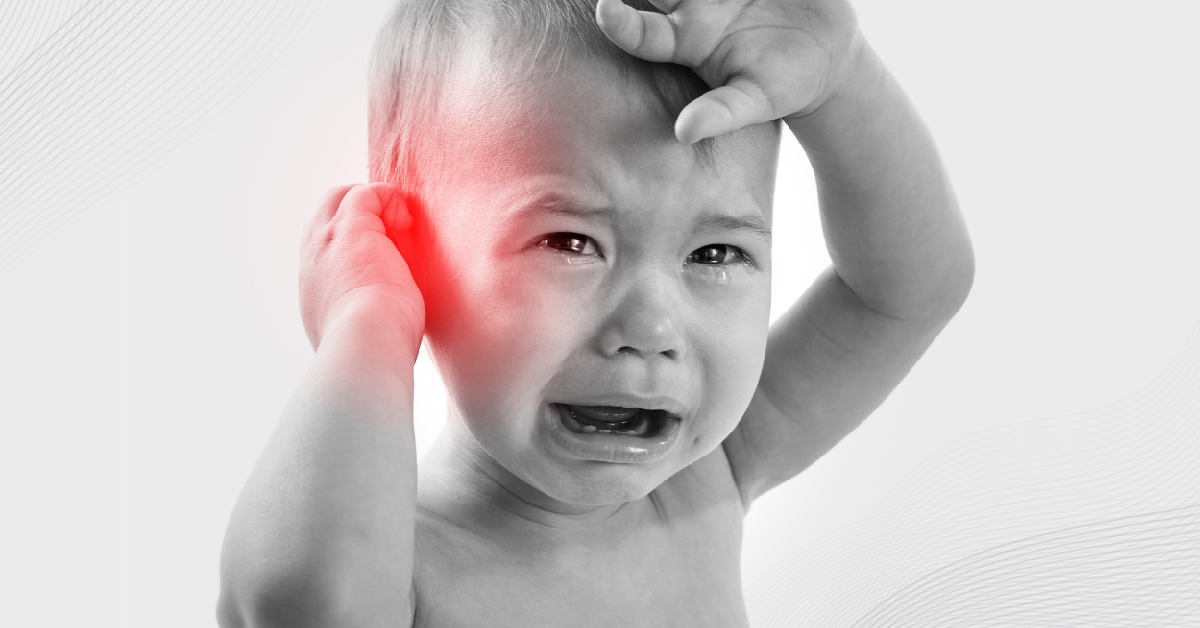
Can Breastfed Babies Get Ear Infections?
Yes, breastfed babies can still get ear infections. Breastfeeding can lower the risk, but it doesn’t eliminate it completely. Proper hygiene and regular medical check-ups are essential.
How Do I Tell If My Baby Has An Ear Infection?
Symptoms of baby ear infection include pulling ears, fever, fussiness, trouble sleeping, and fluid draining. Consult a pediatrician for proper diagnosis and treatment.
Does Side-lying Breastfeeding Cause Ear Infections?
Side-lying breastfeeding does not cause ear infections. Position does not affect ear health.
How Do You Know If Your Baby Has An Ear Infection Or Ear Wax?
Symptoms of ear infection include fever, fussiness, pulling ears. Ear wax is normal and visible. Consult a doctor for diagnosis.
Conclusion
Recognizing signs of ear infection in a breastfed baby is crucial. Early detection and prompt treatment are key to ensuring your baby’s health and well-being. By staying vigilant and seeking medical advice when needed, you can provide the best care for your little one.
Prioritize your baby’s health always.

